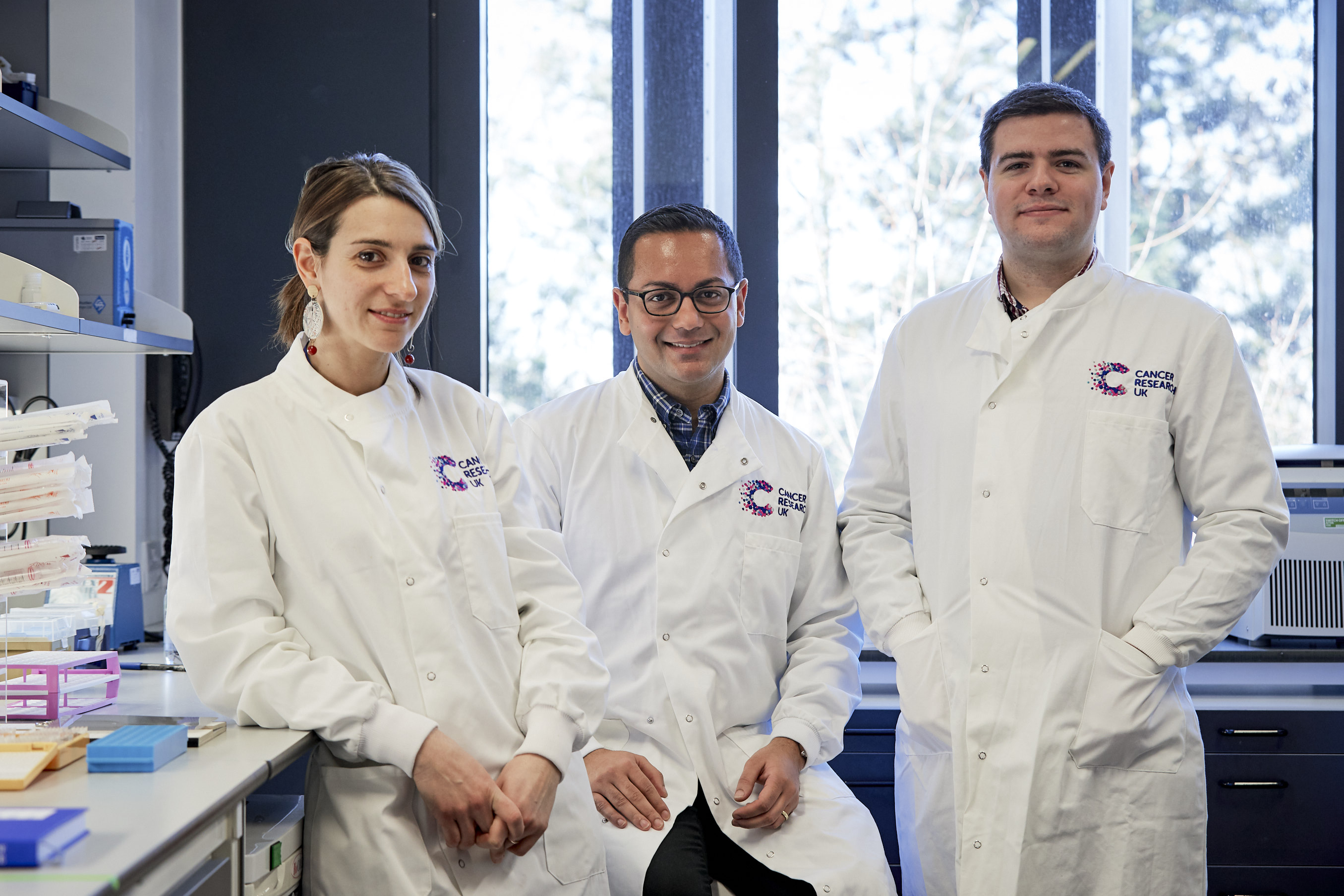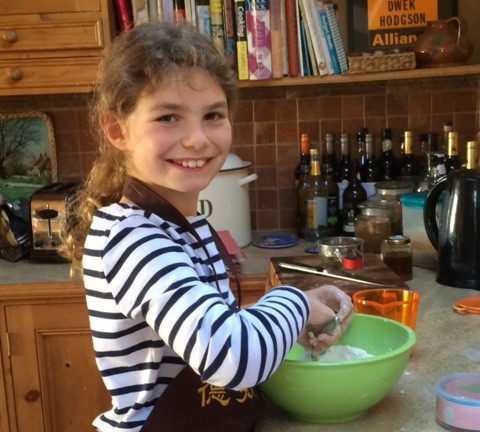
A team of researchers from University College London, Imperial College London, University of Cambridge and the Institute of Cancer Research (Sutton) will focus on paediatric-type diffuse high-grade gliomas – some of the most aggressive brain tumours with the poorest prognosis.
Only between two to 15% of children will survive for five years after diagnosis with this type of tumour because current treatment options are limited to radiotherapy, which has limited success.
Professor J.P. Martinez-Barbera, the lead researcher at University College London, aims to better understand senescent cells in the hope of finding ways to target them with novel treatments.
New treatments are desperately needed as traditional cancer treatments target rapidly growing cells, but senescent cells are not growing, so those treatments do not eliminate them. However, senescent cells produce a vast number of biologically active molecules that can promote cancer cells to divide more rapidly and help the cancer to hide from the immune system.
The Brain Tumour Charity’s Quest for Cures grant of £1.5 million over five years will help the team understand how senescent cells promote tumour development and contribute to the difficulty in treating this devastating disease.
By investigating the biomarkers associated with senescent cells in human tumour samples, this work will build upon the teams’ previous research which found that these cells are present during tumour development and after radiotherapy.
Dr Manav Pathania, Group Leader at the CRUK Children’s Brain Tumour Centre of Excellence and Milner Therapeutics Institute, explained his lab’s role in the team: “We have developed the mouse models of paediatric high-grade gliomas that were critical for generating the preliminary data on which this grant is based.
“Over the course of this project, our expertise in developing and working with these models will be crucial for revealing the functional role of senescent cells— in tumour development and in response to treatment.”
This research will also explore how current senolytics – drugs that target senescent cells – can be adapted specifically to treat this group of childhood brain tumours.
The lack of treatment options for these aggressive brain tumours affects families like the Bramall’s whose daughter Lizzie Bramall, from Nayland near Colchester, was just nine years old when she was diagnosed with a diffuse midline glioma – one of the most aggressive paediatric high-grade gliomas, for which there are currently limited treatment options.
Lizzie was full of life, her love for baking shone through even following her diagnosis.
In the weeks leading up to her diagnosis, Lizzie’s symptoms included double vision, a slight squint and generally being a bit wobbly on her feet.
On the eve of the half term holiday, Lizzie and her mum Sally were due to go on holiday to Vietnam to meet up with her dad Mark who was away competing in a classic car rally. However Lizzie’s symptoms became worse. Her mum took her to the GP who sent Lizzie to A&E where she received an MRI scan.
The scan showed that Lizzie had a diffuse midline glioma, an inoperable brain tumour in her brainstem. The family were told the devastating news that there were no effective treatments for this type of brain tumour.
Sally Bramall, Lizzie’s mum said: “It was a horrifying diagnosis. Diffuse midline gliomas are difficult to treat because of the way the spread in the brain, and with very limited treatment options, our world came crashing down.”
Lizzie was referred to Addenbrooke's Hospital in Cambridge for a second MRI to confirm the diagnosis. It was here that Lizzie and her family where made aware of the BIOMEDE clinical trial. In order to give Lizzie the best treatment possible, she joined the trial which was partly funded by The Brain Tumour Charity.
This trial aimed to find new drugs to target diffuse midline gliomas. In addition to 30 sessions of radiotherapy, Lizzie also received a randomised oral drug as part of the clinical trial. After a few months it became clear that the treatment was not stopping progression of Lizzie’s tumour.
In the months following her diagnosis, Lizzie fought hard to keep life normal despite losing the use of her left arm and needing a wheelchair. Throughout her treatment she went to school as much as she could and used her love for baking to raise money for The Brain Tumour Charity to fund vital research – she even published a recipe book called “Keep Baking” which contains lots of recipes.
Just nine months after her diagnosis, a week before her 10th birthday, Lizzie died in her parents’ arms.
Her legacy lives on in the work her family do to raise money to support the research to find more treatments for this devastating disease. To date they have raised over £500,000 and Lizzie’s baking recipes are being shared far and wide for The Brain Tumour Charity’s Big Bake which will take place in September.
Professor J.P. Martinez-Barbera, the Principal Investigator for The Brain Tumour Charity’s Quest for Cures grant, at University College London, said: “Paediatric-type diffuse high-grade gliomas are devastating tumours with a very low survival rate, for which all tested treatments have so far failed.
“Thanks to funding from The Brain Tumour Charity, we will test whether killing senescent cells improves the effect of radiotherapy. These results will support the development of new clinical trials which could offer treatment options for children diagnosed with these brain tumours.”
Emma Thompson, Head of Research at The Brain Tumour Charity, which is funding this project, said: “Our Quest for Cures grants encourage collaborative teams to join forces to improve our understanding of brain tumours. These grants bring together the very best researchers in the field and are focussed on improving the lives of those with this devastating diagnosis.
“Improving our understanding of senescent cells in paediatric-type diffuse high-grade gliomas is essential because there is so much we do not know which is having a direct impact on patient care. This project aims to fill in some of these gaps and also find better, and kinder treatments for children, working towards The Brain Tumour Charity’s goal of accelerating a cure for brain tumours. We look forward to following and sharing the success of this project in the future.”
















